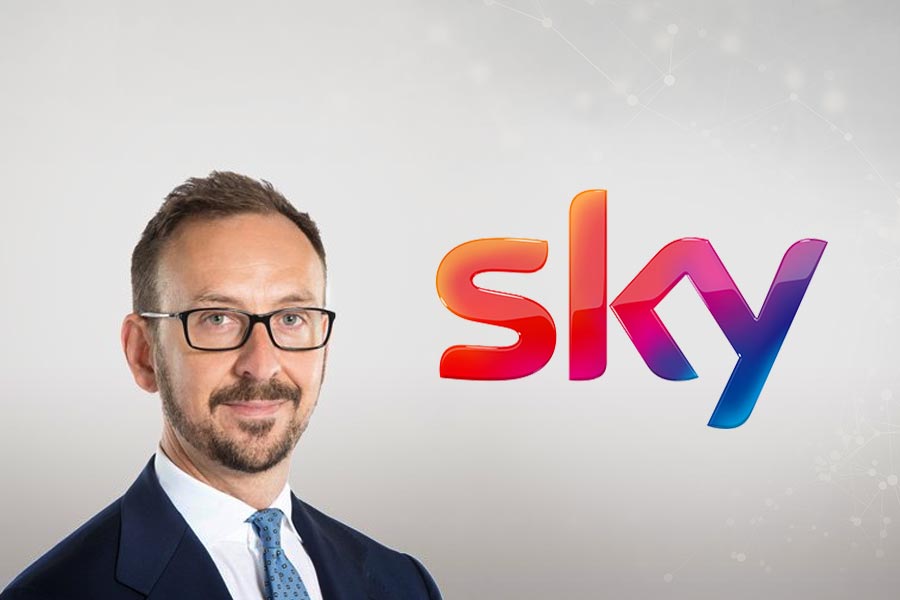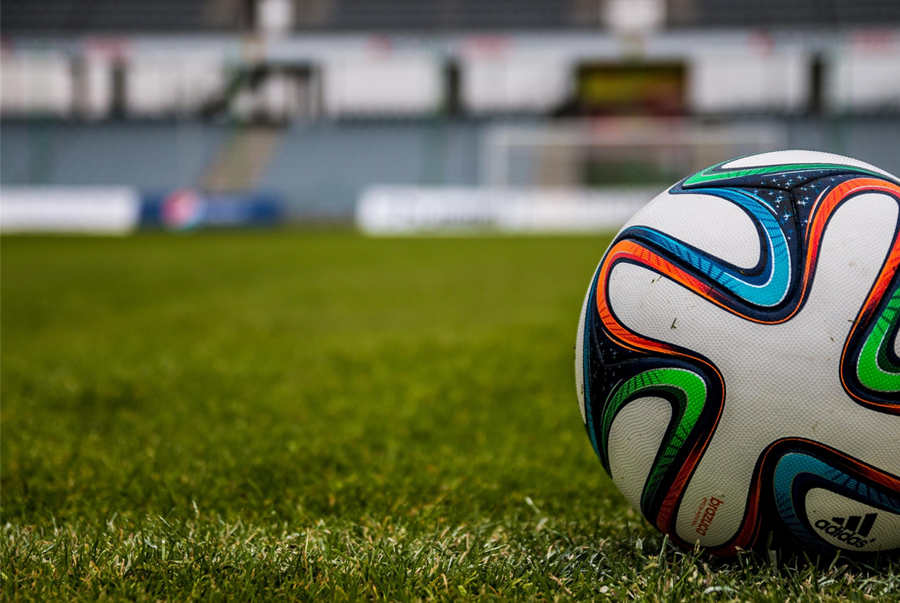Sky is increasingly shaping itself up as a champion of consumer protection and anti-gambling harm champion. The company’s CEO, Stephen van Rooyen, has now said that the whistle-to-whistle ban will need to be backed by serious action from industry experts to succeed in achieving its intended goal.
Sky’s Charm Offensive
New measures are being implemented every day to help curb the number of problem gamblers on the territory on the United Kingdom, and while some remain sceptical about the effects of the proposed changes in the advertisement policy, Sky CEO Stephen van Rooyen seems determined to seek a final solution, beyond what he thinks is an ill-considered palliative.
According to Mr. van Rooyen, a whistle-to-whistle ban would not be sufficient in itself to brush up on consumer protection stands. Rather, operators will re-focus their efforts online where they can reach out to even greater audiences.
Mr. van Rooyen is de facto one of the sceptics who perceives this move as an exercise in futility. Even though the Remote Gambling Association (RGA) and its members have been championing the measure as a proof of an improving industry, the Sky’s top man is not convinced.
UK CEO Stephen Van Rooyen said: pic.twitter.com/O8dRdV4rMG
— Sky Corporate (@SkyCorporate) March 21, 2018
TV advertisement is a dying sector with bookmakers and iGaming companies scurrying off online where they can take refuge while the industry’s coming to a slow halt. According to Regulus Partners, TV advertisement accounts for only 15% of all gambling-related ads. In other words, the industry’s leaders have adapted quickly.
It’s true that limiting ads during air time would have its effects. People would be less likely to tempt themselves into placing a wager and of course – business will lose revenue, but ultimately – the levels of betting will bounce back if not strengthened by reaching new customers, courtesy of well-spread online advertisement.
If the RGA and gambling companies are serious about protecting vulnerable gamblers, then they should start by looking at where they spend the most money, what has the least level of regulation and where there is most evidence of harm: the online world. – Sky CEO Stephen van Rooyen
Mr. van Rooyen was specific in the course of action that should be pursued moving forward, explaining that instead of addressing a sector that is clearly not the main focus of the industry any more was belated and probably not really necessary.
He also explained that the focus must shift online and the government must seek to ensure that all activities are levied with the proper tax, and thus avoid depriving the state from its just share of the revenue, which can be reinvested in social causes.
Sky has already said that it would limit the gambling-related content advertisement to one slot per commercial break. Meanwhile, the online segment remains testy, as it’s regulated by the CAP Code, which basically means that advertisement can be launched before they are vetted & approved.
Underage gambling has been another serious issue in the country, with estimated 50,000 children suffering from a gambling-related problem of varying severity. The United Kingdom has a lot to do before it can guarantee the safety of all its customers, to mention nothing of those most vulnerable, and Mr. van Rooyen seems to know as much.





